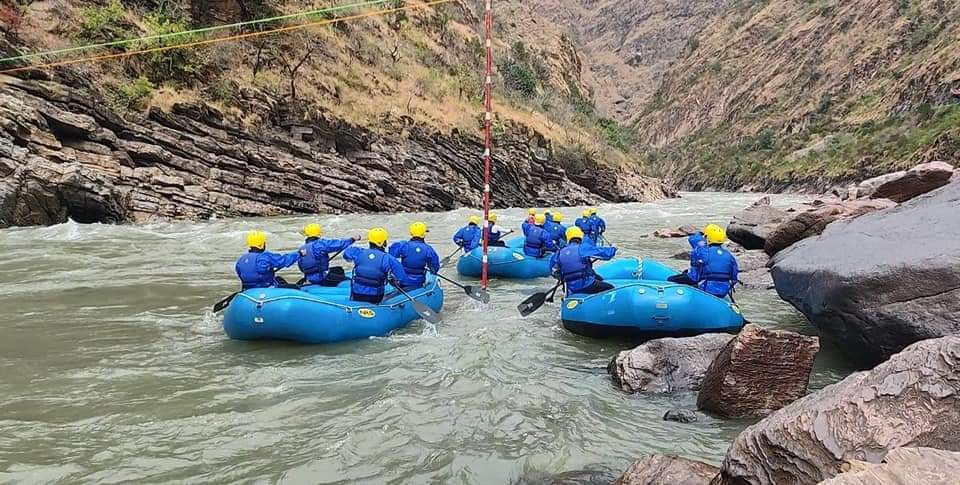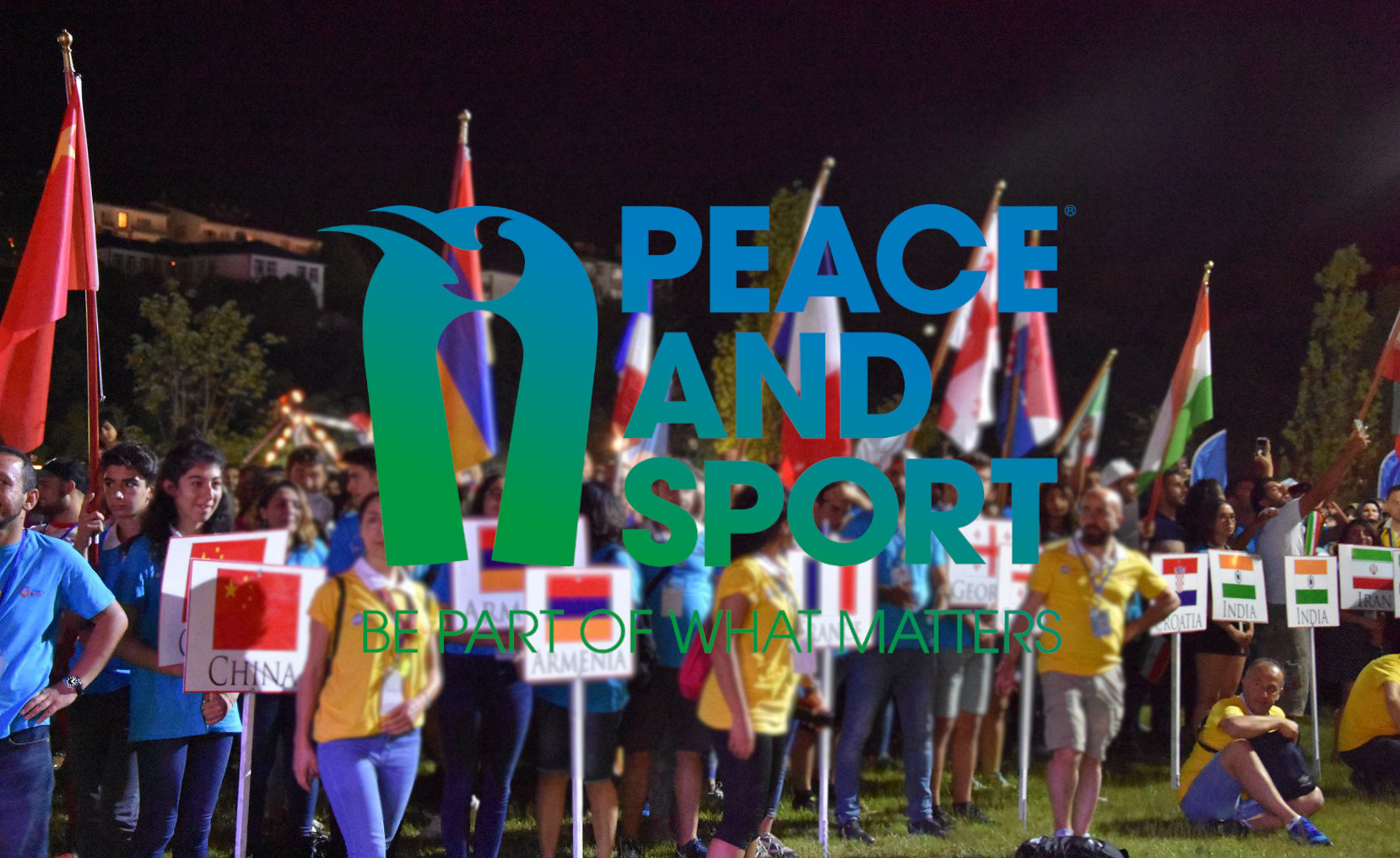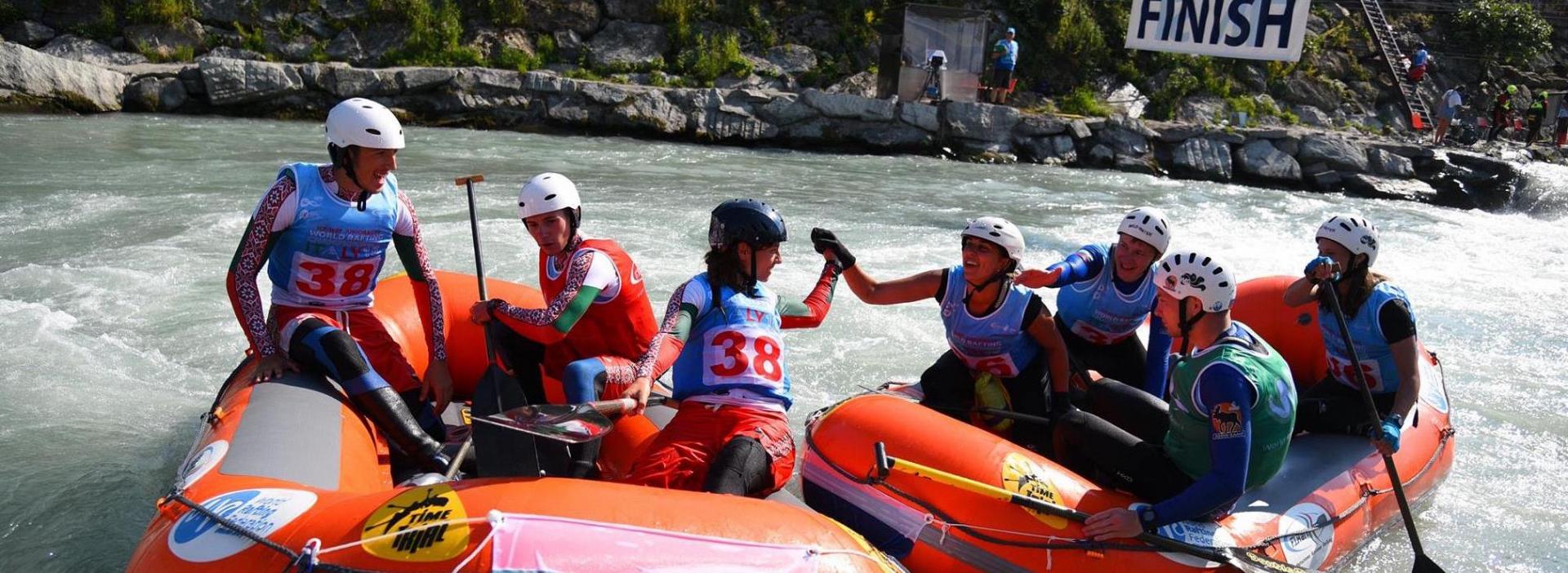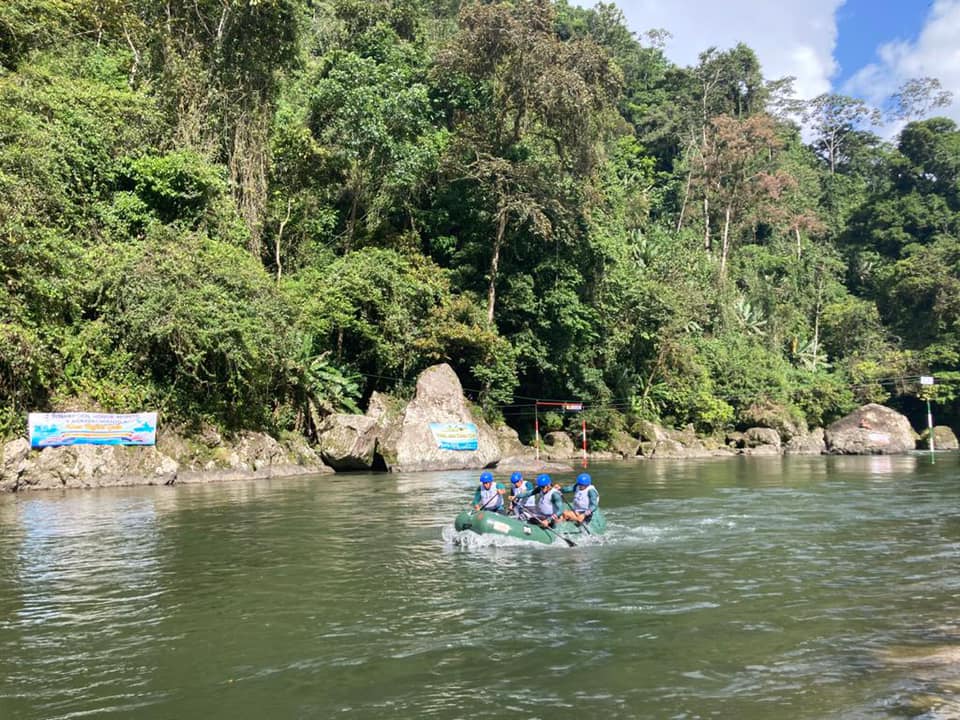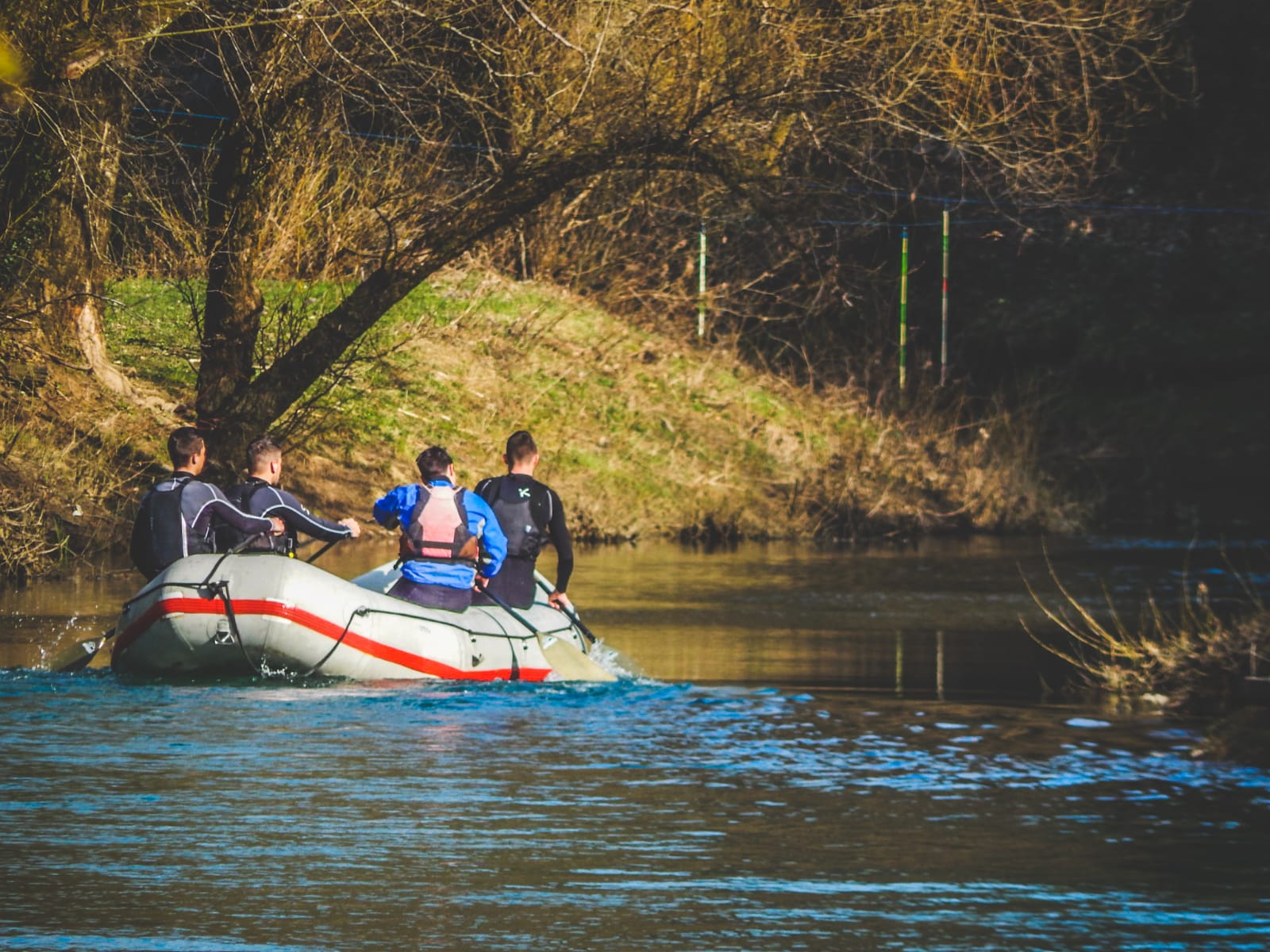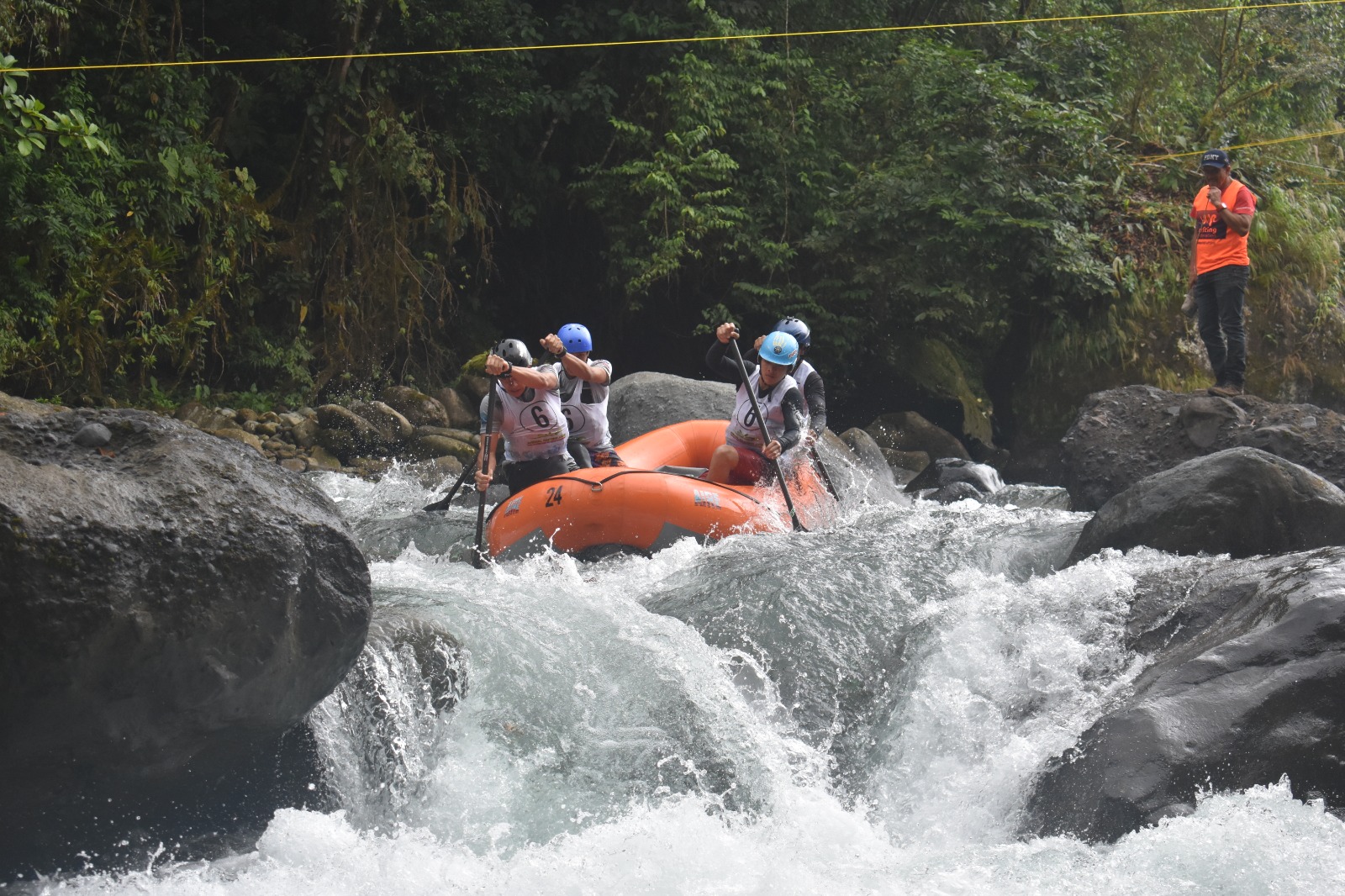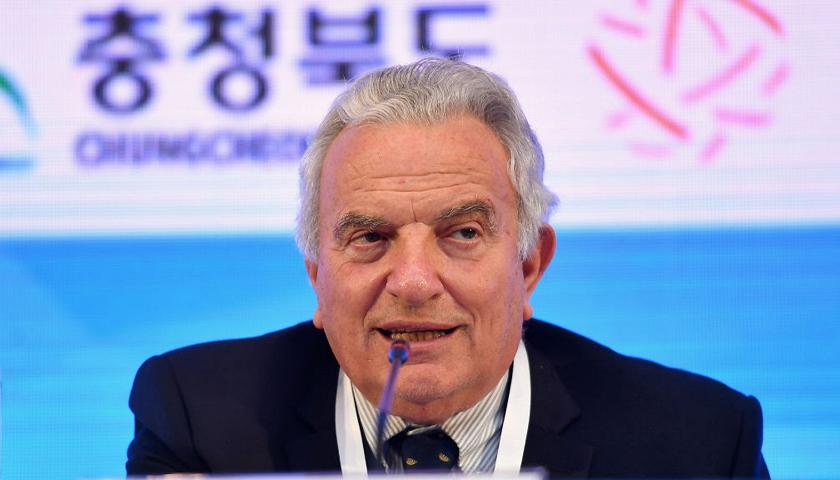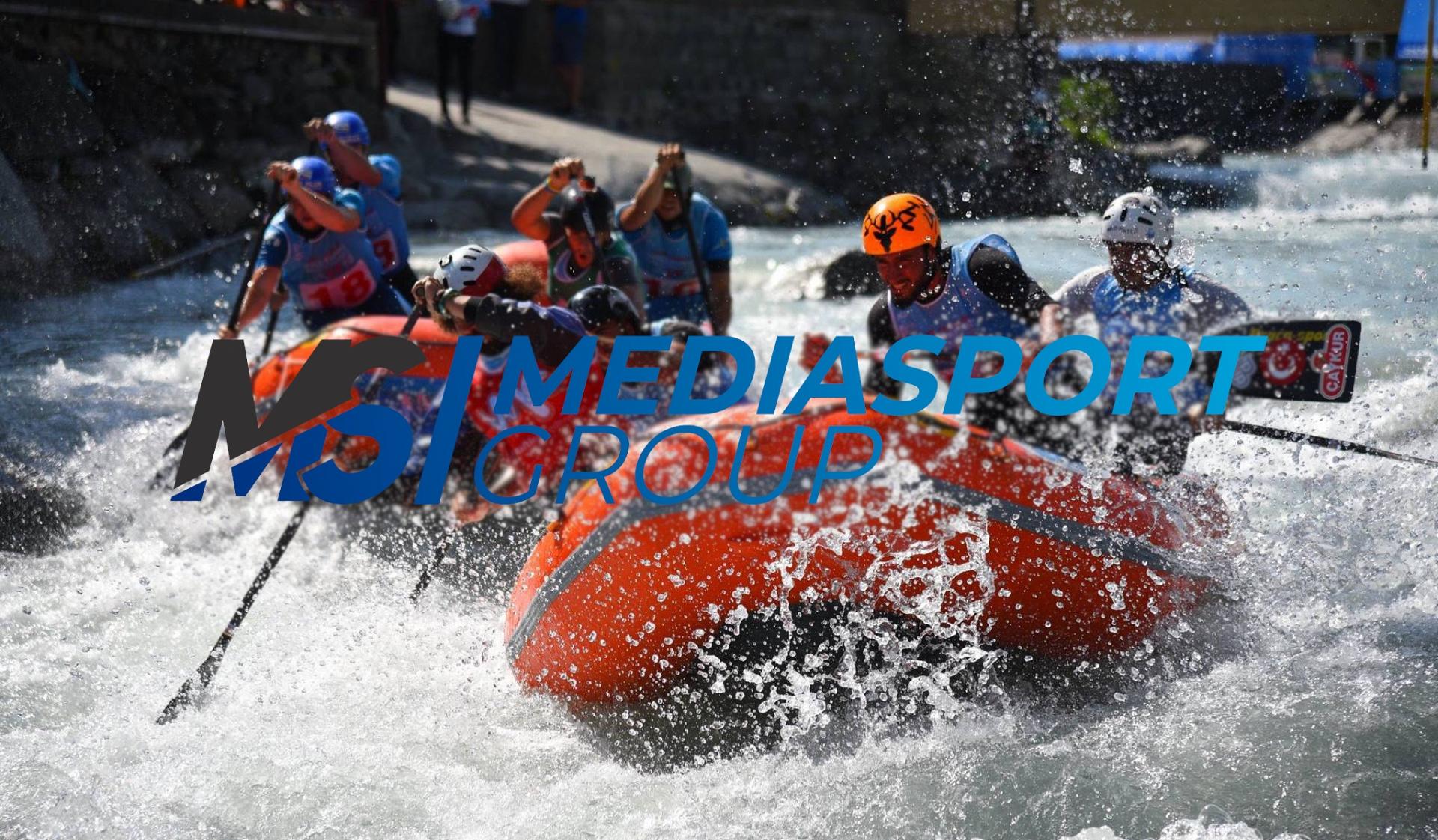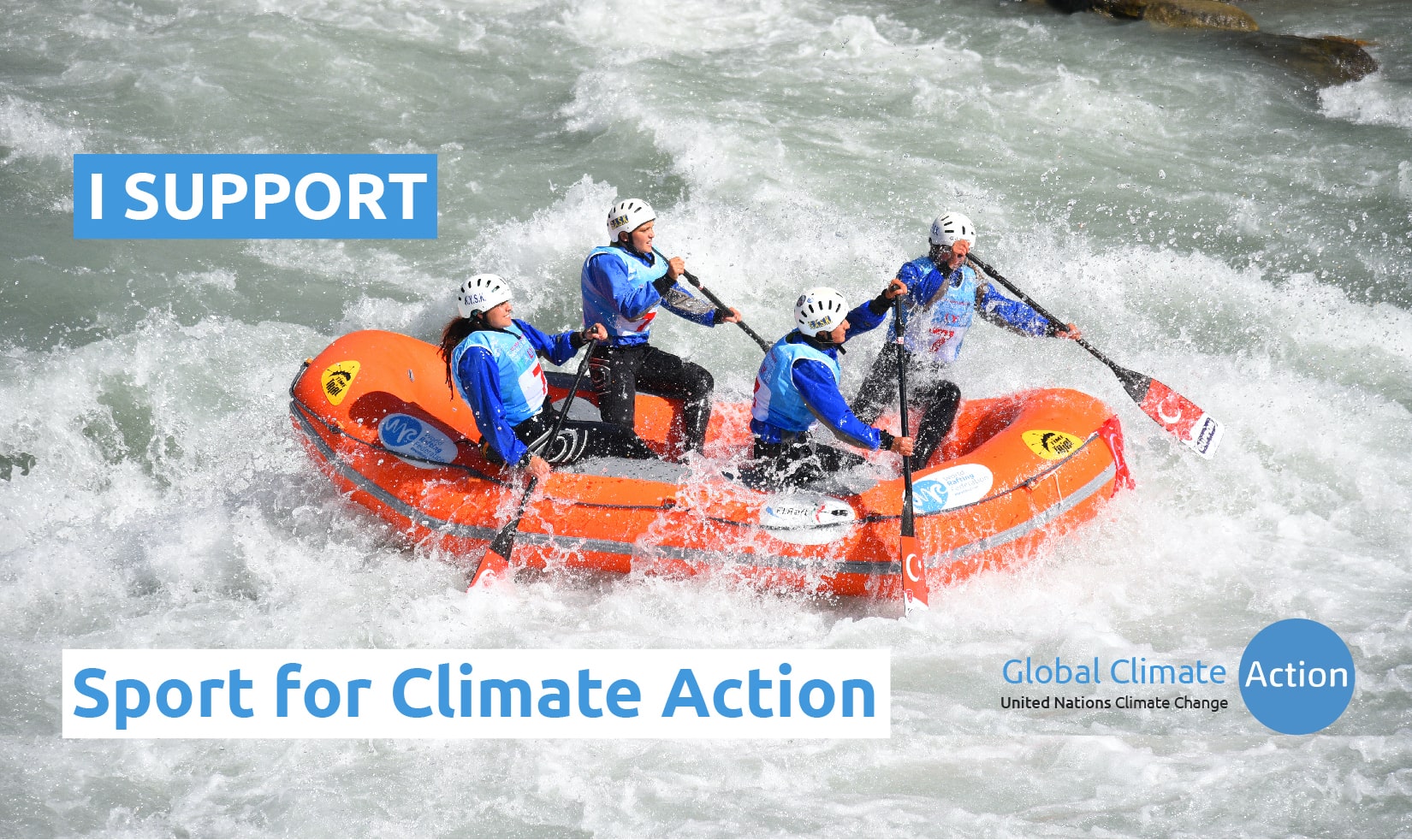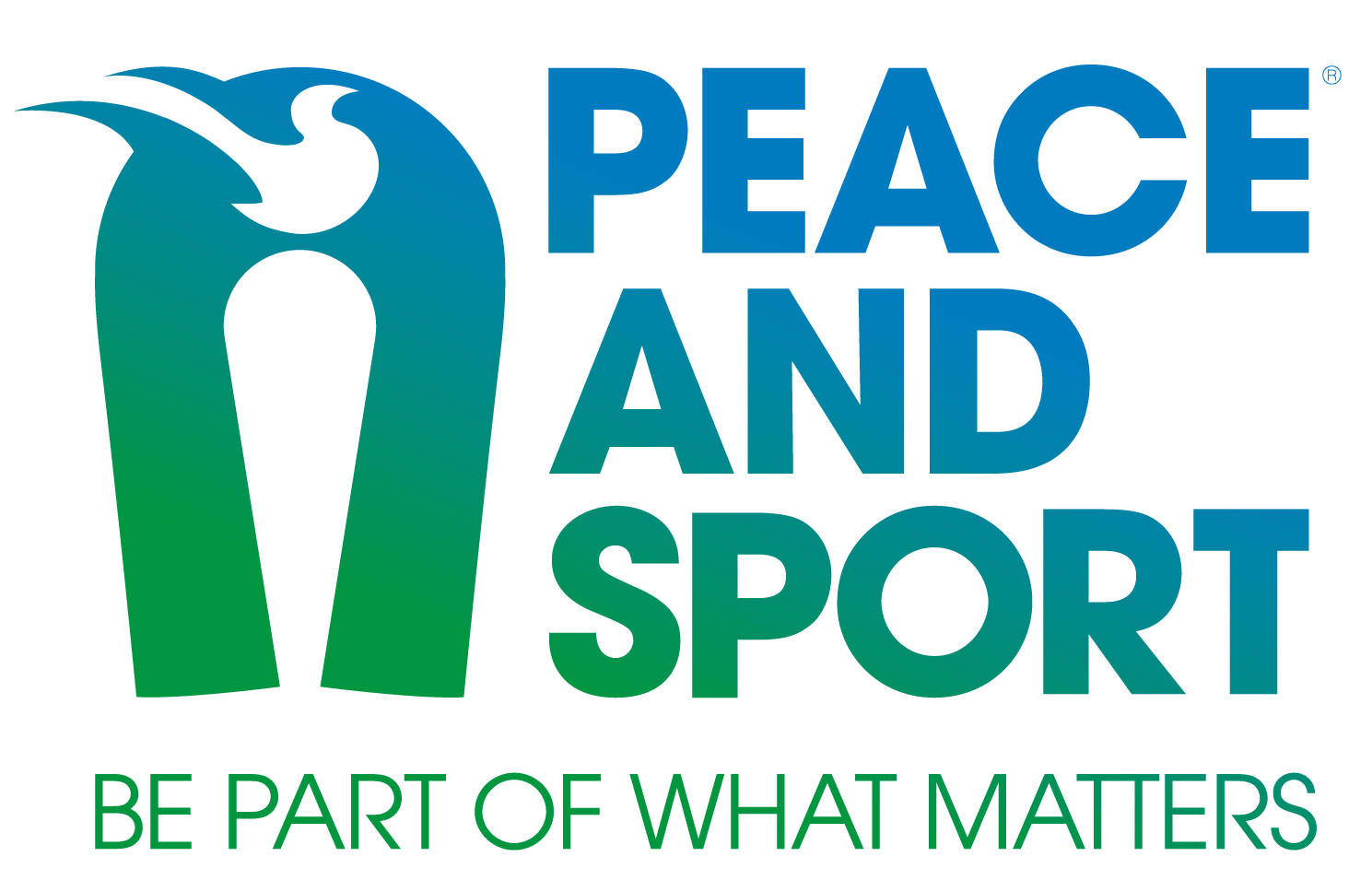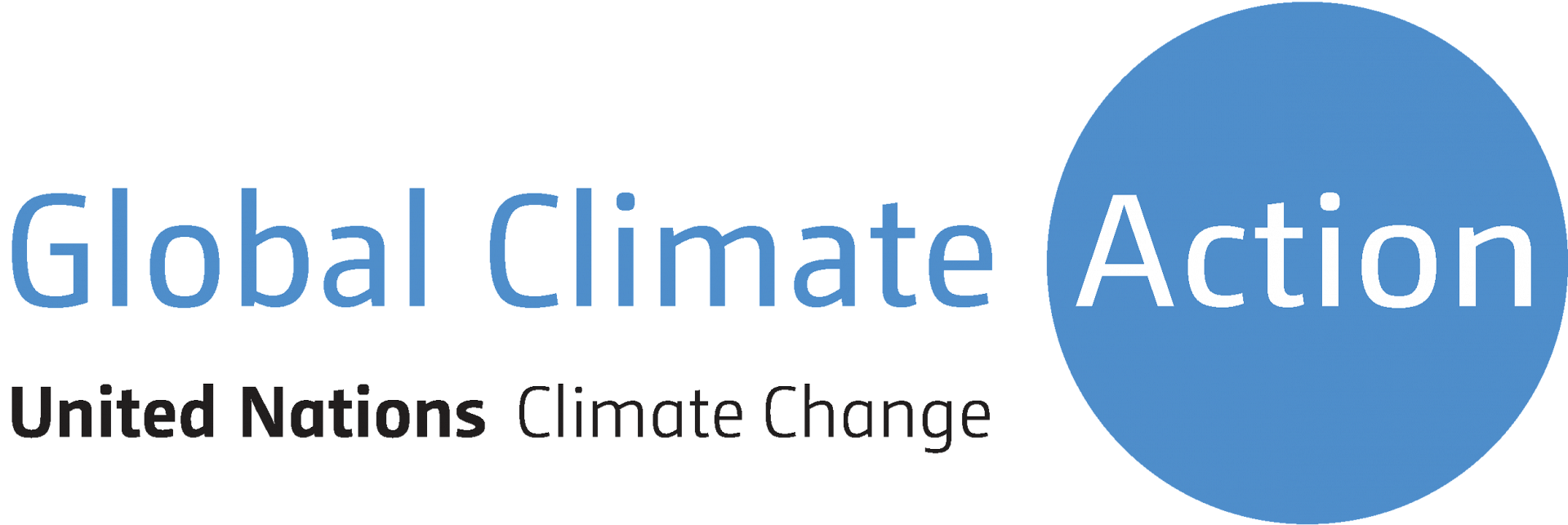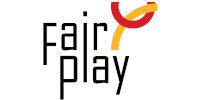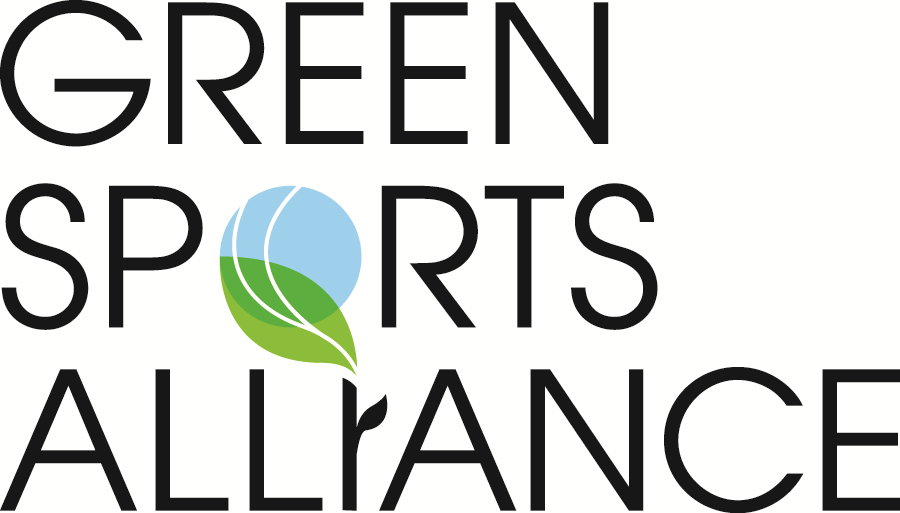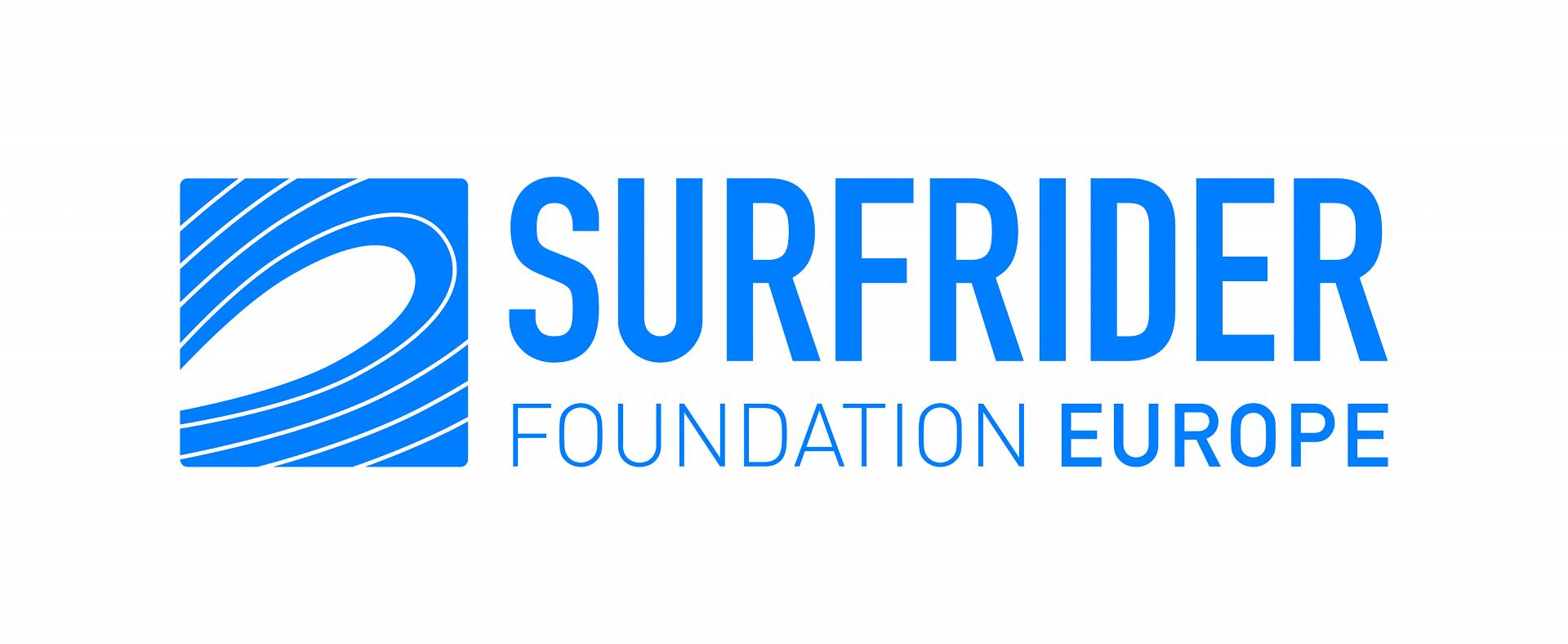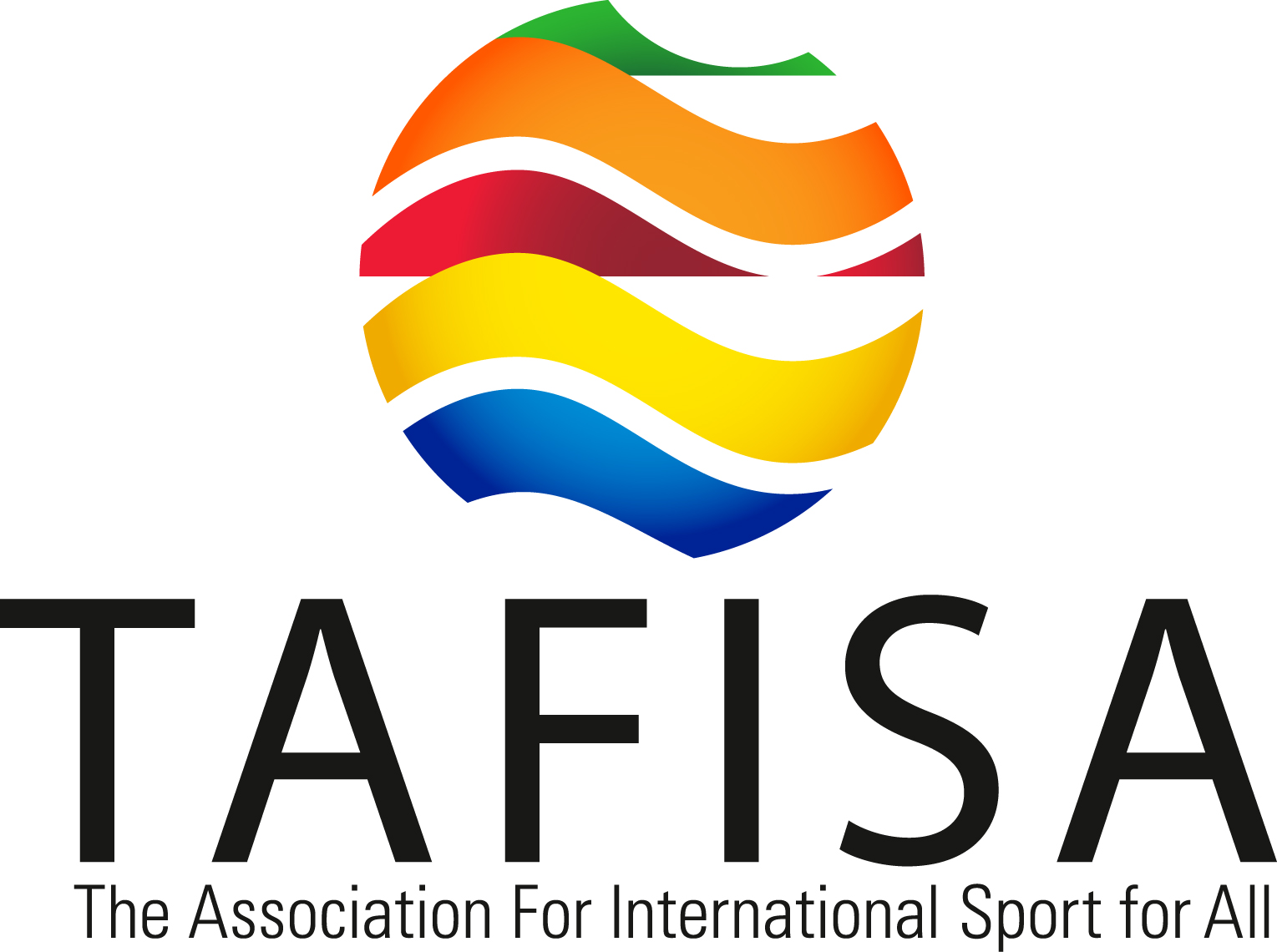The 2024 Panamerican Rafting Championships are set to make waves in Pucón, Chile, with an impressive lineup of competitors. This year, 70 teams will compete, including 27 men's teams, 16 women's teams,...
HEADLINE
Peace and Sport, the international organization based in Monaco which promotes peace using the power of sport, will join forces with the World Rafting Federation (WRF) to use rafting as a tool for social inclusion and overcoming differences.
The World Rafting Federation is an Associate Member of the International Canoe Federation (ICF) who is responsible for rafting under the umbrella of ICF. It currently has 40 members and it leads programs in South Africa, Morocco, Algeria and Egypt.
As part of the cooperation agreement, Peace and Sport and the World Rafting Federation will undertake joint sport diplomacy actions and organize initiatives to raise awareness on Sport for Development and Peace among the rafting community. As first step in the cooperation, the World Rafting Federation will take part to the upcoming worldwide celebration of the International Day of Sport for Development and Peace (IDSDP), on April 6. Further joint actions will be organized on the occasion of the 2021 World Rafting Federation Championship to take place from June 28 to July 3 in Argentières-Pays des Ecrins (France).
Joël Bouzou, President and Founder of Peace and Sport, declared:
“I warmly welcome this new alliance between Peace and Sport and the World Rafting Federation. In peacebuilding processes, rafting has fostered reconciliation and rehabilitation in very efficient ways. This sport naturally fosters cooperation, as it makes people face together the wilderness of white waters, and it transmits values of tolerance and inclusion; it is a tool to create bonds within and between communities. We expect that this partnership will increase the social impact of our peace-through-sport initiatives.”
“I think that peace and sport are both an input and a result for the development of the worldwide society. The values we learn from challenges and physical efforts improve not only our body conditions: they are only a starting point and a small part of what sports give us. Sport is a vehicle for respect and sharing, and I think that our team sport, in close contact with nature, has a lot to give and to learn from Your movement. I am sure this is the beginning of a great common project” said Danilo Barmaz, WRF President.
Francesco Ricci Bitti is a former tennis player, engineer and sports administrator from Bologna, Italy.
He is President of the Association of Summer Olympic International Federations (ASOIF).
He is also a member of the International Olympic Committee (IOC) Coordination Commission for Tokyo 2020 and Paris 2024, and held the same position for Rio 2016.
Ricci Bitti is a member of the World Anti-Doping Agency (WADA) Executive Committee and Foundation Board, as well as a member of the SportAccord Convention, where he served as President from 2015 to 2017. He is Honorary Life President of the International Tennis Federation (ITF), having acted as President from 1999 to 2015. From 2006 to 2012, he served as IOC Member and Executive Board member of the National Olympic Committee of Italy (CONI).
Following the interview to Mr. Ferriani, President of the Association of International Olympic Winter Sports Federations (AIOWF) on the basis of Good Governance and the current worldwide situation, where “We have to be chameleons, not dinosaurs”, we asked to Mr Ricci Bitti to share his opinion with WRF.
Mr Ricci Bitti, what is the Good Governance and why is this term widely used at the moment?
As a pioneer of Good Governance in sport, I would like to stress the fact that this term is quite fashionable over the last period and sometimes it is improperly interpreted.
Governance basically represents the quality of the management system and the appropriateness of the organisations whenever they need to respond to the specific needs regarding structure and dynamics of the organisation itself. A peculiar term that stands for Governance is accountability.
Good Governance, that has its origins in the business field, is a latecomer to the sports world. The main reasons seem clear:
The growing importance of sport in the society and the consequent media coverage; The well-deserved preservation of the traditional operational autonomy of sport; The protection of sports operators, who are often volunteers, in this increasingly complex picture of sports world.I am very pleased and motivated by the fact that the ASOIF project is already at its “fourth round” and is recognised by international public authorities: it is a concrete example of the development of Good Governance and a stimulating factor for the international federations that commit to comply with standards of excellence.
What is the first teaching that the Covid-19 outbreak reminded you?
And, after a year of adaptation and “forced cohabitation” with the Pandemic, what is the last?
The first important thing I learnt, or remembered, is that health and, therefore, environmental sustainability, must get the top priority in the attention of society, especially among young people.
On the other hand, the latest teaching for me is that Covid-19 accelerates all the worldwide societies trends; at the same time, as every negative phenomenon, it offers the chance to bring real innovations in every organisation, including the sports world. The two priorities from the perspective of the international federations are the revision and the consolidation of the calendar of the main competitions and the development of a digital strategy, improving the corresponding virtual involvement of every discipline. There is a dual objective: to get in touch with the young fans and eventually create a new source of income to reinvest in the sport movement.
With regard to integration instead, what do you think about the 2+2 format of the Para-Rafting teams? And about the mix category of the RX, with two women and two men who can choose their position on the raft according to their peculiar strength and technique?
In the current period Gender Equality and integration of the Paralympic activities are priorities in the sports world; therefore I find the disciplines with mixed teams an absolute current and brilliant idea. The search for formats more attractive to athletes, broadcasters, live and virtual spectators and is also remarkable and in common with every sport that want to grow. It is a great starting point.
WRF is proud to announce that it has joined the UNFCCC’s Sports for Climate Action initiative as a signatory to the Sports for Climate Action Framework.
Since 1994 the UNFCCC is working through leadership, collaboration and ambition as key messages, preventing “dangerous” human interference with the climate system.
The Sports for Climate Action initiative calls on sporting organizations to acknowledge the contribution of the sports sector to climate change and our responsibility to strive towards climate neutrality for a safer planet.
Through collective action and bold leadership, WRF has the power to contribute to this fast and drastic transformation. "By signing the Framework, we have demonstrated WRF commitment to playing our part to ensure the sports sector is on the path to a low-carbon future" said the WRF President, Danilo Barmaz.
UN Climate Change welcomes the leadership of the International Olympic Committee in contributing to key areas of action within this movement and shares with the international governing bodies that join the movement, such as sports federations, two main objectives:
Achieving a clear trajectory for the global sports community to combat climate change, through commitments and partnerships according to verified standards, including measuring, reducing, and reporting greenhouse gas emissions, in line with the well below 2 degree scenario enshrined in the Paris Agreement; Using sports as a unifying tool to federate and create solidarity among global citizens for climate action.In line with the five core principles enshrined in the Framework and the aims of the Paris Agreement, WRF will strive to:
promote greater environmental responsibility; reduce the overall climate impact from sports; use our platform to educate for climate action; promote sustainable and responsible consumption; and advocate for climate action through our communications.At the launch event for the Framework, UNFCCC Executive Secretary, Patricia Espinosa explained that sports organizations and athletes are in a unique position in the race against climate change “because sports touches on every cross-section of society”.
With this in mind, we hope our commitment will inspire our fans, community and governments to raise their climate ambition in a united effort to limit global warming to 1.5oC. This is a race we can—and must— win to avoid significantly worsening the risk of droughts, floods, extreme heat and poverty for hundreds of millions of people.



